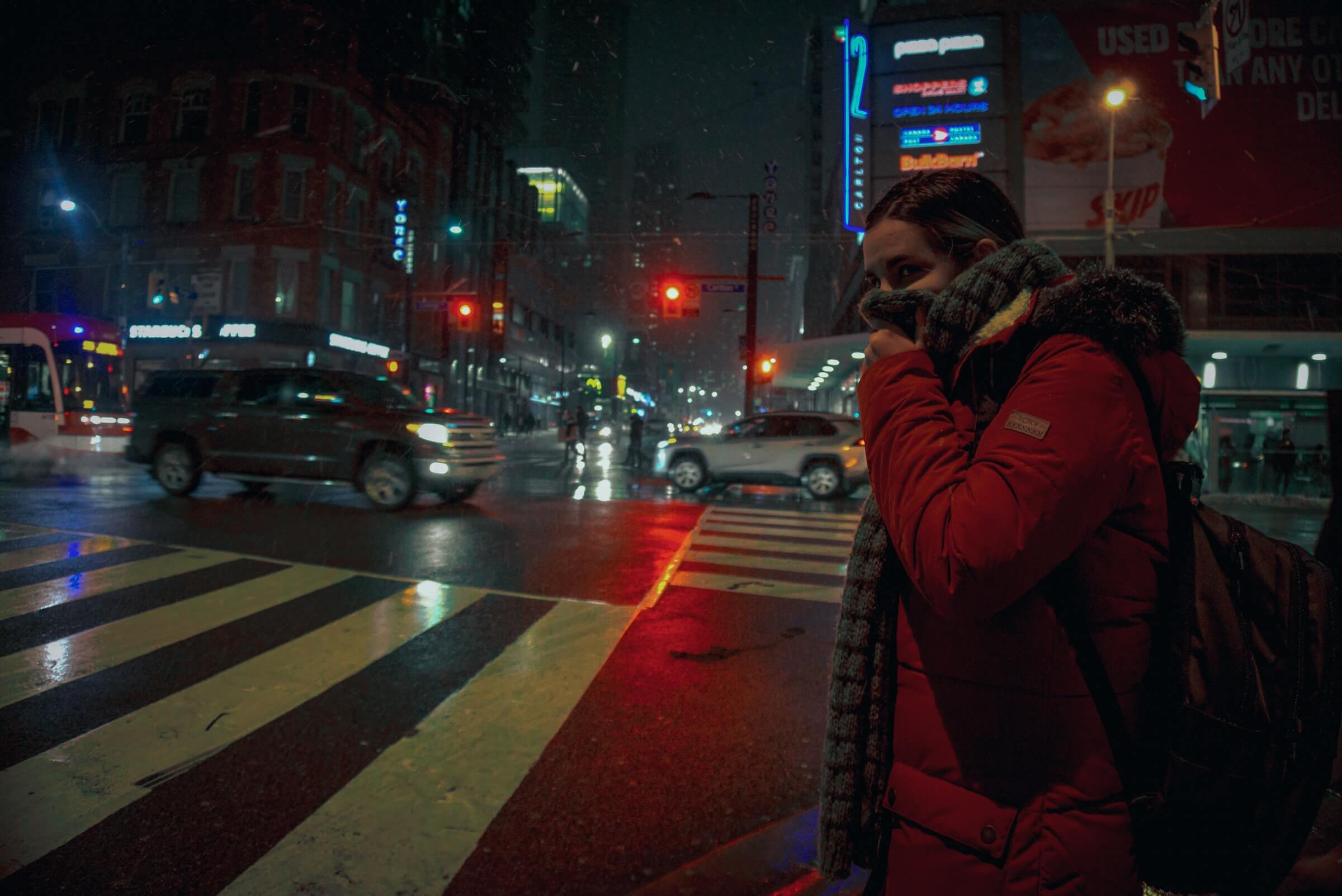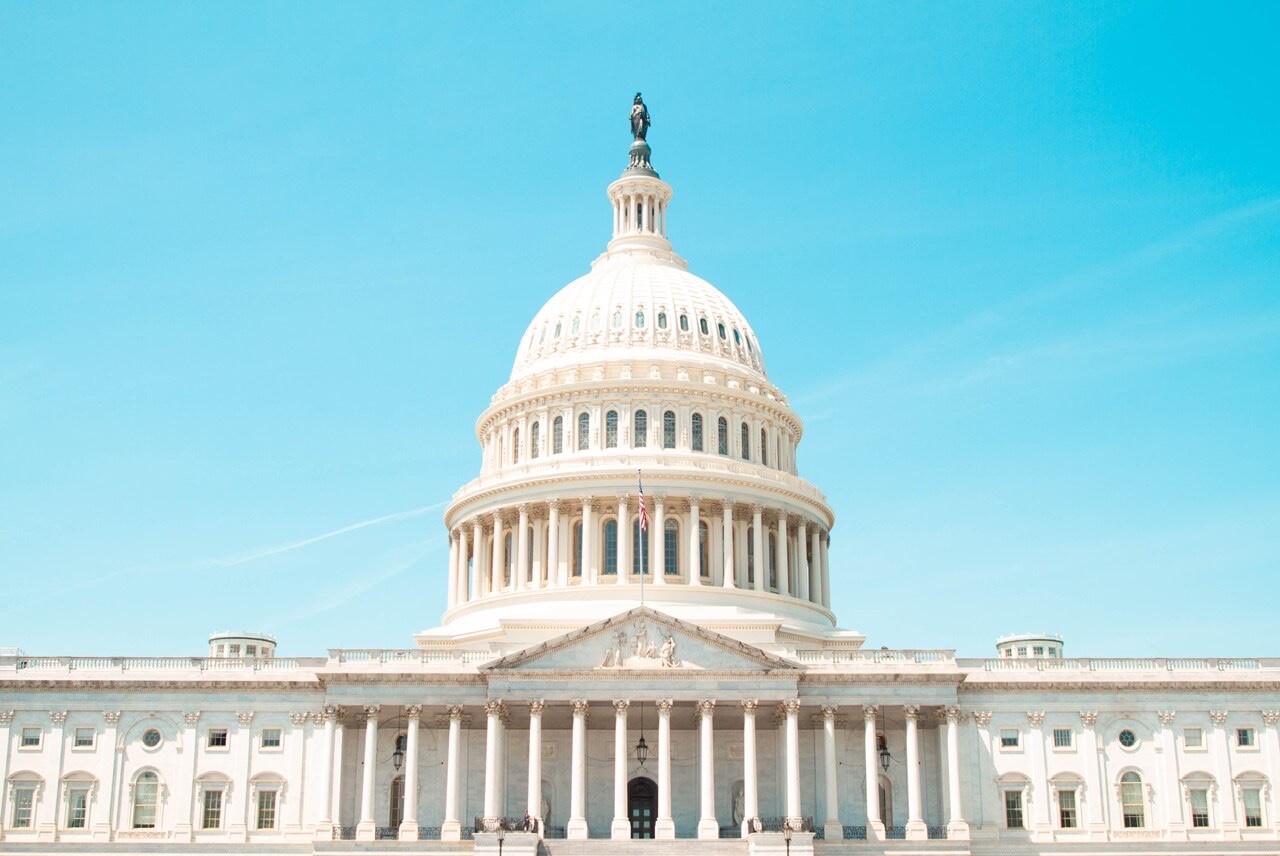LCBO and SkipTheDishes Hit Pause on Partnership After Public Lashing
by David Klemt
The Liquor Control Board of Ontario (LCBO) faced outrage over the weekend, ultimately deciding to “pause” a controversial partnership after receiving a public lashing.
In case you missed it, the LCBO and SkipTheDishes announced on December 4 that they had partnered to offer home deliveries of beer, wine and spirits in Toronto. For those who are unfamiliar, SkipTheDishes is a food delivery service similiar to Grubhub that serves Canada. In fact, SkipTheDishes pulled out of the United States in 2020 and their services were handed over to Grubhub.
Just two days after the partnership was made public, it was announced by the LCBO that, due to “direction from the Ontario Government,” the deal had been suspended.
Restaurants and bars in Ontario have been allowed to offer alcohol for delivery and takeout since March via an emergency order due to the Covid-19 pandemic, shutdowns, and utter carnage that has befallen the industry. Many would like for the emergency order to be made permanent.
To understand the outrage, one must realize that restaurants and bars in Ontario have been operating under forced lockdowns. Premier Doug Ford announced the lockdown—which affected Toronto and Peel Region—on November 20. It went into effect a minute past midnight on November 23. No end date accompanied the mandate.
When the LCBO—which is able to make purchases and sales of beverage alcohol at lower wholesale prices than restaurant and bar owners and operators—arranged the deal with SkipTheDishes, those who operate in Toronto and Peel interpreted the move as undercutting their struggling businesses. Alcohol delivery and takeout is one of the only ways operators in those areas can generate any revenue and give themselves a fighting chance to keep from closing their doors permanently.
In terms of optics, the situation did anything but paint the LCBO and SkipTheDishes in a positive light. The LCBO, for those outside Canada, is what’s known as a Crown Corporation. That is, it’s entirely owned by the Sovereign of Canada—a state-owned enterprise. One could argue that it appeared the government in Ontario hobbled the LCBO’s competition—restaurants and bars—in an effort to boost their revenue and profits.
A tweet by operator and author Jen Agg regarding the timing of the partnership read, in part, “It is timed to UNDERCUT restaurants that are already bleeding out. It is timed to benefit companies that DONT NEED ANY HELP! It is timed to devastate restaurants and they damn well knew all of this.” (Emphasis Jen Agg’s.)
While the “pause” of the LCBO-SkipTheDishes partnership is a victory of sorts, countless operators—and likely customers and other small business supporters—would like to see this arrangement permanently dissolved. Several tweets have mentioned that the LCBO has increased profits during the pandemic, while others have pointed out that the Crown Corporation could help restaurants and bars by offering them wholesale pricing to reduce costs.
For now, operators in Ontario will need to keep their eyes and ears open, remaining vigilant should the LCBO and SkipTheDishes press play on their deal again.
Photo by Talha Atif on Unsplash


